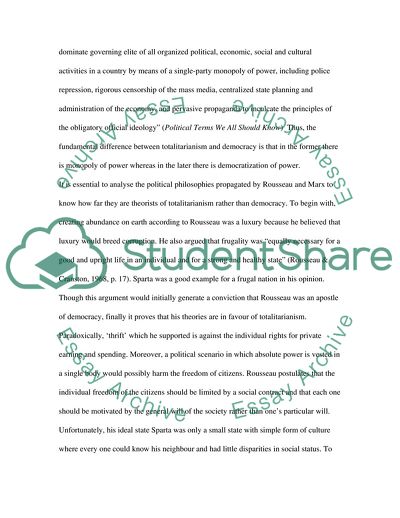Cite this document
(Are Rousseau and Marx Theorists of Democracy or Totalitarianism Essay, n.d.)
Are Rousseau and Marx Theorists of Democracy or Totalitarianism Essay. https://studentshare.org/philosophy/1718029-are-rousseau-and-marx-theorists-of-democracy-or-totalitarianism
Are Rousseau and Marx Theorists of Democracy or Totalitarianism Essay. https://studentshare.org/philosophy/1718029-are-rousseau-and-marx-theorists-of-democracy-or-totalitarianism
(Are Rousseau and Marx Theorists of Democracy or Totalitarianism Essay)
Are Rousseau and Marx Theorists of Democracy or Totalitarianism Essay. https://studentshare.org/philosophy/1718029-are-rousseau-and-marx-theorists-of-democracy-or-totalitarianism.
Are Rousseau and Marx Theorists of Democracy or Totalitarianism Essay. https://studentshare.org/philosophy/1718029-are-rousseau-and-marx-theorists-of-democracy-or-totalitarianism.
“Are Rousseau and Marx Theorists of Democracy or Totalitarianism Essay”. https://studentshare.org/philosophy/1718029-are-rousseau-and-marx-theorists-of-democracy-or-totalitarianism.


